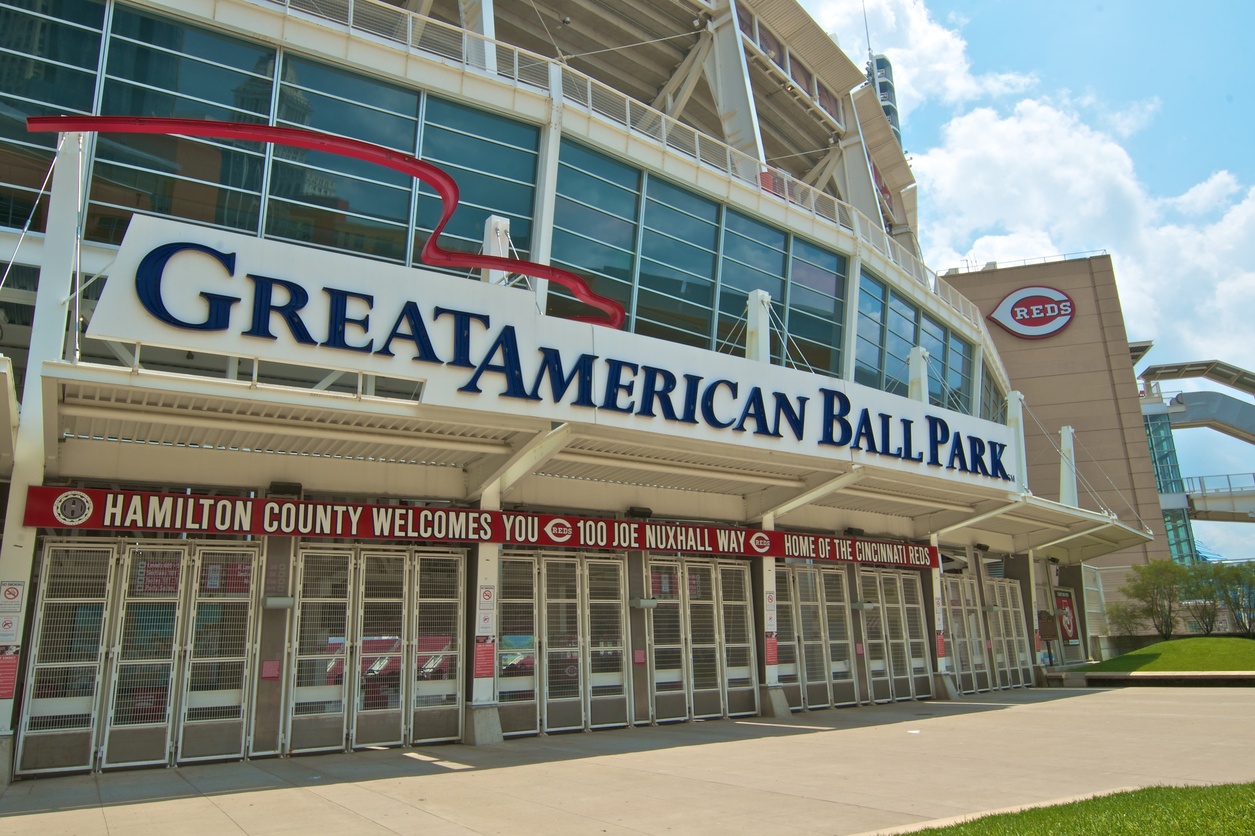Citizens in Illinois are already accustomed to one of the highest sales tax rates in the nation, but they may soon be moving up the list by another notch or two in the near future, as lesser-taxed counties take advantage of a law signed by former governor Pat Quinn. Currently, the Tax Foundation ranks the state #7 in the US, based upon an average of the sales tax rate in each county. Some counties have enacted higher sales tax rates than others, particularly those near Chicago. Other counties may soon be joining them.
What's Up in Springfield?
Down in the state capital of Springfield, voters rejected a sales tax proposal in 2010, following the county board's recommendation that other local needs be taken into consideration, which might require tax revenue as well. The proposal was meant to fund only school construction projects. Following this recommendation, nearly 56% of voters rejected the tax measure.
Perhaps in partial response to the interjection by this particular board, then-governor Pat Quinn signed a law the next year that limits county board involvement in sales tax decisions. Boards had been able to reject or reduce sales tax increases passed by the local citizenry in the past, but this power was stripped away. With this as backdrop, Springfield school board president Adam Lopez plans to place a 1% sales tax increase measure on the ballot this November. If voters in local Sangamon County decide this time to support the measure, they will join a large group of other Illinois counties which have done so in the recent past—49 of Illinois' 102 counties have passed sales tax referendums since 2008.
Meanwhile in Geneva
In the western Chicago suburb of Geneva, the Daily Herald reported this week that the question is not whether a sales tax should be enacted, but simply what type. A sales tax increase of 2% on restaurant meals was previously slated to take effect this May, but after deliberation, the city has determined that putting a general sales tax proposal of 0.5% on all non-home items to voters this March would be wisest instead. This allows residents to have their say. If residents reject the measure, the 2% tax on meals will take effect in May. If they opt for the general sales tax increase, it will take effect in July.






.png?width=1200&height=628&name=2023%20logo%20with%20SOC%20and%20clearly%20rated%20(2).png)